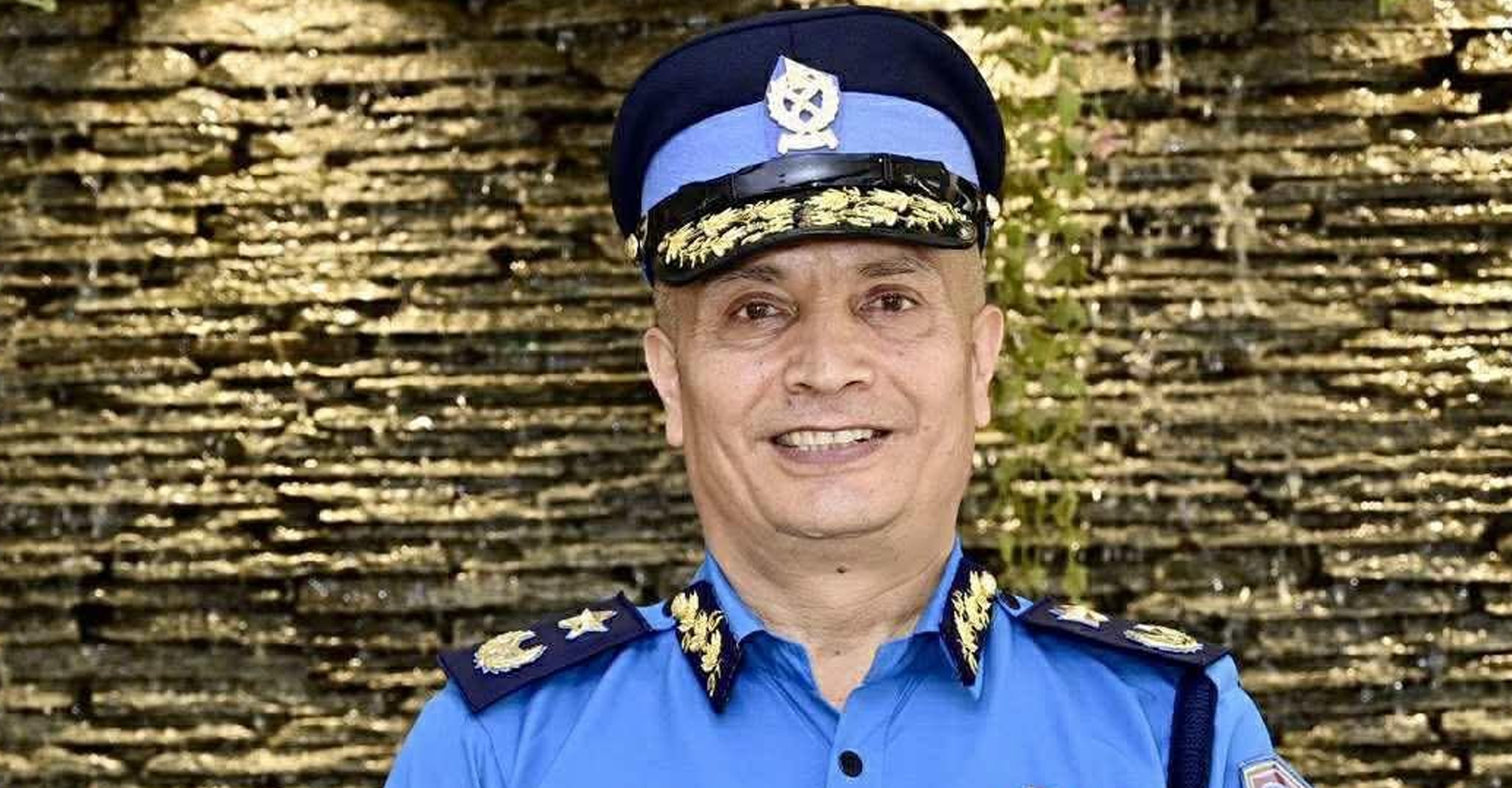 २०८१ माघ १०
२०८१ माघ १०
Feelings and experiences exist in everyone. Some express them, while others do not. Those who do, they express in various ways—some do it with style, others in haste, and some with a bit of clumsiness. All of this is natural. However, when we begin to declare ourselves as “experts” merely because others have temporally and sporadically liked our ideas, writings, or posts, it becomes a subject worthy of serious discussion. It needs a deeper analysis to understand the definition and nature of expertise.
Every individual possesses some talent. Nature endows each person with unique abilities. But it is crucial to know where and how to use those abilities (right time, right place). If someone excels at dancing, they should showcase their talent on stage, but doing so in a hospital would be absurd. Similarly, if someone is a legal expert, declaring themselves as an expert among graphic designers would not make sense. Expertise is tied to the ability to recognise the relevance of one’s place, circumstances, and subject. It demands not just knowledge but also judgment and self-awareness.
Expertise is a quality cultivated through long-term study, experience, and dedication—an ornament of the mind. Expertise is proven by one’s actions, thoughts, and influence. A true expert is someone people seek out to hear or read. Expertise is not a commodity to be forcefully displayed to others. It is a trait naturally recognised and respected by others. True expertise inherently carries a sense of rarity and value.
On platforms like social media or public chat groups, everyone has the freedom to express their thoughts. However, forcefully sharing one’s posts everywhere, trying to gain visibility, or repeatedly presenting oneself as a scholar is not a sign of true expertise. Psychologists have labeled this behaviour as “glory seeking.” According to them, such individuals are perpetually seeking external validation and approval to establish their ideas and activities. They tend to crave praise, attention, and acknowledgment for their posts, statuses, or thoughts.
Psychologists have conducted in-depth studies on the causes of such glory seeking and validation addiction. According to them, when a person lacks self-esteem, they place excessive importance on external recognition. They search for their identity within society, but rather than establishing it through their work and contributions, they try to secure it through external praise and attention. Psychologist Richard Travis (2013) states, “In the digital age, the overuse of social media has amplified this behaviour. Temporary happiness derived from likes, comments, and attention has become the primary motivation for many.”
The most significant characteristic inherent in true expertise is that it does not need to be forcefully imposed upon others. It is naturally recognised by others. A genuine expert is someone whose ideas and actions influence society without any intentional display of their expertise. They do not seek to demonstrate their expertise; rather, their ideas, writings, and work naturally attract others. If we are truly experts, our work will speak for itself and compel others to listen and reflect.
By focusing on our real value and capabilities, we can free ourselves from the trap of glory seeking and validation addiction. Ultimately, expertise is a journey, not a destination. It is validated by our actions and words, not by external recognition. It is worth recalling the saying, “विद्या ददाति विनयम्” (Knowledge bestows humility). If we are genuinely experts, our expertise will not need to be proclaimed—it will be felt and acknowledged by others.
Thus, every person’s talents and abilities require the right time, place, and context to shine. However, the journey toward expertise is impossible without study, practice, and perseverance. Expertise is a process that must be proven through one’s work and contributions, not through self-proclamation.




